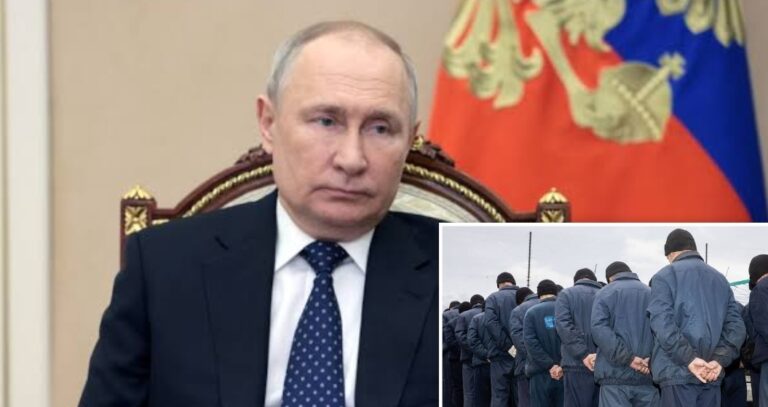
President Vladimir Putin’s regime has promised to provide anti-retroviral drugs to HIV-positive Russian prisoners if they agree to fight against Ukrainian soldiers.
The anti-retroviral drugs suppress HIV, giving a patient a chance at a second life.
It was reported that 20 per cent of fighters in the Russian prisoner units are HIV-positive. But a six-month to serve in the Wagner mercenary group (a Russian private military company) will see the prisoners given supplies of anti-retroviral drugs and a pardon.
Wagner has been accused by the Western countries and the United Nations of carrying out many extrajudicial executions and several other human rights violations.
Timur, a prisoner who spoke to New York Times, said he had to choose between a “quick death or a slow death” because he did not believe he would probably survive a decade sentence for a drug conviction in the Russian prison system living with HIV.
“Conditions were very harsh,” he said of the Russian prison system.
“I understood I would have a quick death or a slow death – I chose a quick death,” stated Timur, captured by the Ukrainian authorities while participating in Russia’s illegal military operation in Ukraine.
The Times reported that former prisoners living with HIV and hepatitis C are forced to identify themselves in a manner that gave them little or no privacy. In addition, the recruits were only given two weeks’ training before being deployed to “risky assault” and place of “little chance of survival” on the frontline.
Many of them captured by the Ukrainian army are either wearing white rubber wristbands, or both, signifying they have HIV or hepatitis to warn other soldiers that they are carrying the diseases in case they are wounded on the battlefield.


